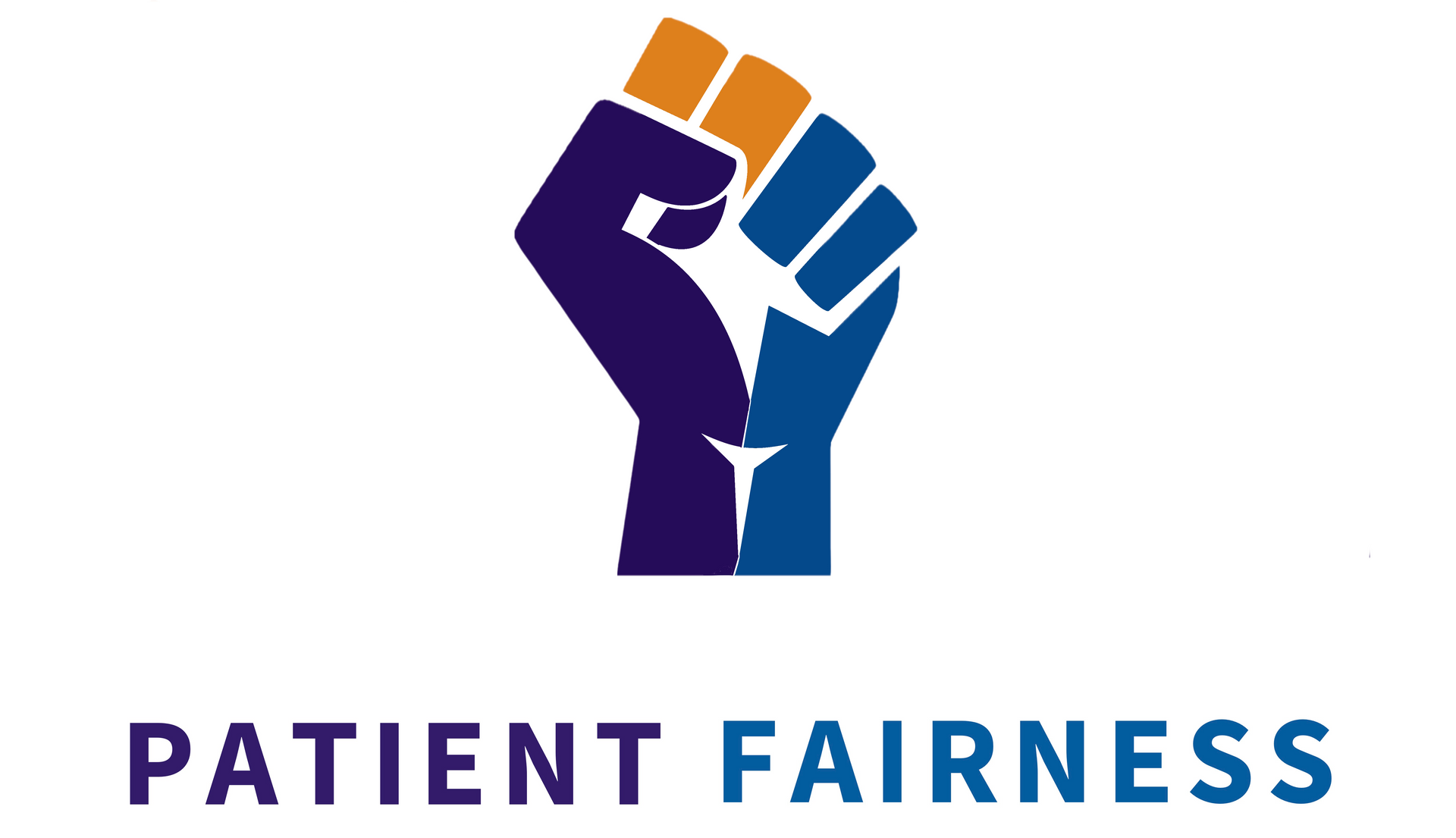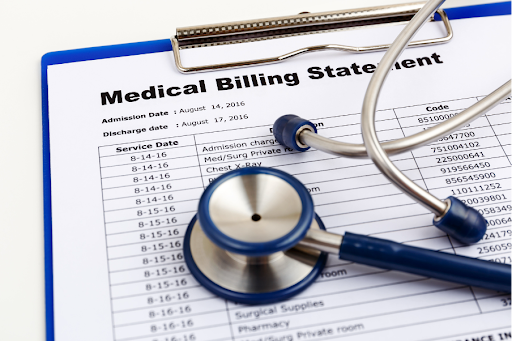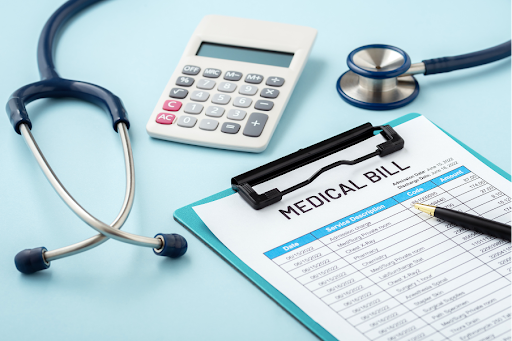Medical Billing Practices in the U.S.: Are They Fair?
Medical billing operates differently than virtually any other industry. Imagine buying a car without knowing the price until weeks after driving it off the lot, or eating at a restaurant, paying its bill, and then another bill arrives months later with separate charges from the bus boy for clearing your table. Yet this is exactly how medical billing works for millions of Americans every year.
The question isn't whether medical billing practices are fair - it's how they've remained so fundamentally broken for so long. Understanding the systemic problems with U.S. medical billing helps patients recognize when they're being treated unfairly and fight back effectively.
The Fundamental Problem: Prices Are Hidden Until After Care
In nearly every consumer transaction, you know the price before you buy. Medical care can be a glaring exception, but that doesn’t mean patients should accept it.
No Price Transparency
Healthcare providers routinely deliver services without disclosing costs upfront. Patients receive care and only discover the price weeks or months later when the bill arrives. This violates basic principle that both the seller and buyer know of, and have agreed to, the terms of a transaction, especially price, for there to be a binding agreement. The seller or buyer cannot unilaterally impose terms on the transactions to which both parties have not agreed.
Hospitals argue that pricing is too complex to disclose in advance because it depends on insurance coverage, complications, and other variables. But this complexity is largely self-created through intentionally opaque billing systems.
The Chargemaster Problem
Every hospital maintains a "chargemaster" - a massive price list containing thousands of procedures, tests, and supplies. These are not real prices in any meaningful economic sense. They're inflated starting points for billing insurance plans, employers, and other firms the provider thinks has deep pockets.
Chargemaster rates can average 5 to 10 times than what Medicare pays for the services, and a hospital's actual cost to deliver care. This means a $10,000 hospital bill may represent $1,000 or less in costs to the hospital. That means that a $10,000 hospital bill includes $9,000 or more in profit.
Uninsured patients and insured patients seeing out-of-network providers often face these astronomical chargemaster rates. Even insured patients using network providers face unreasonable prices. Insurance companies often negotiate network discounts with providers, but even a 50% insurance discount on the example $10,000 hospital bill would mean the $5,000 discounted price includes $4,000 or more in profit. Both patients with and without insurance need to look out for themselves to ensure their medical bills reflect fair and reasonable prices to which they have agreed in advance.
Surprise Billing: A Symptom of a Broken System
The surprise medical bill is one of the most pernicious examples of how unfair medical billing can be. A surprise bill is a medical bill that the patient did not expect to receive, or includes prices or other terms to which the patient did not agree prior to services. Surprise medical bills include:
- Out-of-network hospitals billing above the patient’s insurance allowable amount
- Out-of-network providers balance billing for services rendered at an in-network hospital
- A medical bill that includes prices (1) above the advance good faith estimate the provider disclosed to the patient, or (2) that the provider did not disclose in advance.
The federal No Surprises Act, effective in 2022, prohibits surprise billing in many situations. However, the law does not cover common problems like ground ambulance balance billing. Further, many providers continue to issue surprise bills even if they are prohibited to do so by the No Surprises Act.Enforcement of the No Surprises Act can be inconsistent and burdensome. Many patients don't know if they are protected under the No Surprises Act, and what to do if they get a bill that violates these protections.
Medical Debt Troubles
Unfair billing practices have created medical debt troubles affecting tens of millions of Americans.
- Medical debt is the leading cause of personal bankruptcy in the United States
- Over 100 million Americans carry medical debt, according to recent estimates
- Medical collections appear on credit reports more frequently than any other type of debt
- Even insured, middle-class families are vulnerable to catastrophic medical bills
These medical debt troubles are not primarily driven by people receiving complex or experimental services that are justifiably too costly for most patients to afford. They are driven by surprise bills, inflated charges, and a system that operates without observing consumer protections that are standard in other industries.
Is Any of This Legal?
The answer is complicated. Much of what happens in medical billing exists in a gray area where practices may be technically legal but sill fundamentally unfair.
What Is Clearly Illegal
Certain practices clearly violate federal or state law:
- Balance billing for emergency services or certain non-emergency services under the No Surprises Act
- Billing after state-mandated deadlines (such as Texas's 10-month rule)
- Reporting medical debt to credit agencies in states that prohibit it (California, New York)
- Deceptive collection practices under the Fair Debt Collection Practices Act
- Billing for services not rendered
Recent Legal Progress
Federal and state governments have started addressing the worst abuses:
- The No Surprises Act (federal, 2022) restricts surprise billing and balance billing
- Multiple states have enacted medical debt credit reporting bans
- Many states require hospitals offer financial assistance and heavily discounted prices to low income and/or uninsured patients
- The Consolidated Appropriations Act requires hospitals to post pricing information online, and related executive orders are beginning to enforce the requirements
These laws provide protections for patients against unfair bills - but only if patients know their rights and how to use them.
What Patients Can Do
Patients can protect themselves by understanding their rights, and how to invoke them.
Know Your Legal Protections
Familiarize yourself with:
- The federal No Surprises Act
- Your state's medical billing laws, including billing deadlines and balance billing restrictions
- Credit reporting protections for medical debt in your state
- Your right to itemized bills and medical records
Review Every Bill
Some questions to ask when reviewing a medical bill are:
- Was I expecting a bill for these services and from this provider?
- Did I know of, and agree to, the prices on the bill prior to services, and are the prices reasonable?
- Considering the circumstances, is it fair for me to pay this bill in full, or is it fair for the bill to be reduced or forgiven?
If you answered “no” to any of these questions then you likely should dispute the bill.
Act Quickly
The more promptly you dispute a bill after you first receive it, the better are your chances to get it reduced or eliminated. It may still be worth disputing an older medical bill, depending on its status, but bills that are over a year old or have debt that was sold to another party are typically more difficult to dispute.
Debt verification, including from a collections firm, usually has a 30 days deadline to dispute it.
Use Available Resources
Organizations like Patient Fairness help patients challenge unfair medical bills using professional tools and legal knowledge at affordable prices. For $49, you can access:
- Analysis of your bill for errors, overcharges, and legal violations
- Comparison of charges to Medicare rates and provider costs
- Professional dispute letters based on applicable state and federal law
- Guidance through the dispute, appeal, and settlement process
Start your free Problem Medical Bill Assessment today to find out what reasons there are to dispute your medical bill.
Don't Accept Unfair Medical Bills
Medical billing practices in the U.S. are fundamentally unfair by any reasonable consumer protection standard. Hidden prices, surprise bills, systematic errors, and charges that vastly exceed costs have created a system that routinely harms patients financially.
But unfair doesn't mean unchangeable. Federal and state laws give patients protections to fight back. Knowing your rights, questioning charges, and using professional resources to dispute unfair bills can protect you from overpaying and help drive systemic change.
Every challenged bill, every successful dispute, and every complaint filed with regulators sends a message that patients won't accept these practices anymore. The more patients who fight unfair medical bills, the more pressure will build on providers to reform their practices.
Take action on your medical bill today. Complete Patient Fairness's free Problem Medical Bill Assessment to discover the reasons you have to dispute an unfair medical bill. Even if you ultimately pay something, ensuring you pay only what's fair - not what's inflated, erroneous, or illegal - protects your finances and pushes the healthcare system toward better practices.
The system won't fix itself. But informed, empowered patients can force change, one disputed bill at a time.
Patient Fairness helps patients nationwide challenge unfair medical billing practices. Our affordable flat-fee service gives you professional tools to dispute overcharges, errors, and unfair practices.










